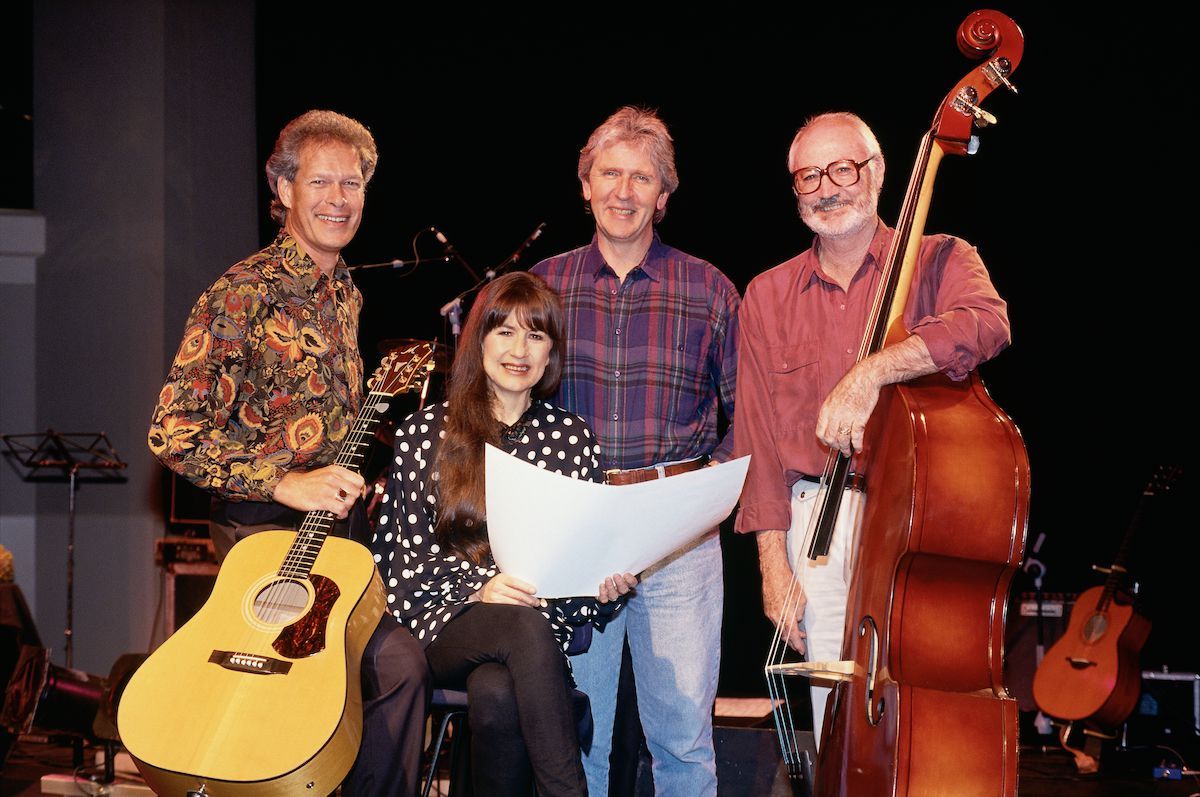
About the Song
“Sinner Man” by The Seekers is a stirring, rhythm-driven spiritual that showcases the group’s deep folk and gospel roots, delivering both a moral message and an infectious energy. Drawing from traditional African American spirituals, the song recounts the story of a sinner fleeing divine judgment—running to the rocks, the sea, the Lord—but finding no escape. In the hands of The Seekers, this age-old narrative becomes a musical revival marked by tight harmonies, acoustic precision, and a palpable sense of urgency.
Lyrically, the song is built on repetition and rising tension, each verse piling on the sense that judgment is near and time is running out. “Sinner man, where you gonna run to?” is the central refrain, asked again and again, as the sinner attempts to hide from justice—but every refuge fails. It’s a spiritual built on warning and reckoning, and its power lies in its simplicity and relentlessness.
Judith Durham’s lead vocal is commanding and passionate. Though she is often praised for her soft, angelic tone, in “Sinner Man” she taps into something grittier and more urgent, giving the track a raw spiritual intensity. Her voice drives the narrative forward, imbuing the performance with both sorrow and strength, while the rest of the group—Bruce Woodley, Athol Guy, and Keith Potger—provides rhythmic and harmonic support with call-and-response vocals that heighten the drama.
Musically, the arrangement is stripped-down and percussive, relying on acoustic guitars, upright bass, and handclaps or foot-stomping rhythm. The tempo gradually builds, creating a gathering storm of sound and emotion that pulls the listener into the chase. There’s no need for studio effects—the urgency is in the delivery, the rising harmonies, and the steady, unrelenting pulse beneath the melody.
In the context of The Seekers’ discography, “Sinner Man” reflects their early affinity for American folk traditions and spirituals, particularly before they achieved international pop fame. It sits alongside tracks like “Open Up Them Pearly Gates” as evidence of their versatility and deep respect for musical heritage. Even as their later catalog leaned more toward polished pop-folk, these songs remind us of the raw, communal power of folk music rooted in spiritual themes.